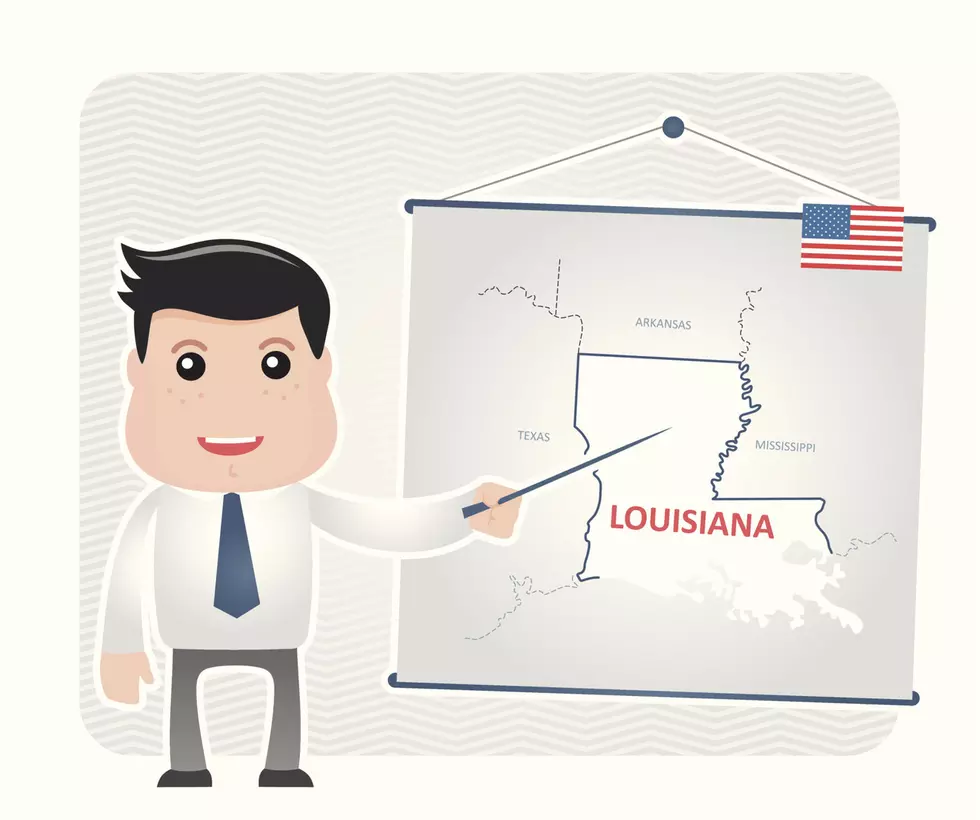
Shreveport Named 2019’s Slowest Growing City In America
The personal finance website WalletHub.com has released their 2019 Fastest Growing Cities In America list. Coming in at #1 overall was Lehigh Acres, Florida with Mount Pleasant, South Carolina in second place.
But WalletHub didn't just throw some darts at a map to come up with this. They enlisted the help of some major academics to run their research. They utilized the help of the following experts:
Michael Stevens
AICP – President, Capitol Riverfront BID & Adjunct Lecturer - SCS MPS Urban and Regional Planning Program at Georgetown University
Allen J. Scott
Distinguished Research Professor, University of California, Los Angeles
Russell R. Evans
Ph.D. – Associate Professor of Economics, Executive Director, Steven C. Agee Economic Research and Policy Institute, Distinguished Fellow, E Foundation for Oklahoma, Oklahoma City University
Tom Sanchez
Ph.D. – Professor of Urban Affairs and Planning at Virginia Tech
These researchers combed through mountains of data ranging from Population Growth, Working-Age Population Growth, Job Growth, Median Household Income Growth, Poverty Rate Decrease, Increase in Number of Businesses, Foreclosure Rate, and more.
Now with a list like Fastest Growing Cities In America, comes the opposite, the Slowest Growing Cities in America.
Topping that list for 2019 was Shreveport, Louisiana.
Shreveport performed poorly in some key metrics in the research:
2nd Lowest Income Growth
Tied-1st Lowest Job Growth
Tied-1st Lowest Population Growth
1st Lowest Midsize City Growth
The experts that WalletHub consulted with offered suggestions for how cities can turn things around. What they can do to spark growth, and what to do when your city starts to experience growth. Here are some of their suggestions.
Georgetown University's Michael Stevens said:
"For example, Washington, DC has done a stellar job of investing heavily in former industrial lands that are downtown adjacent and can accommodate new higher density population growth without displacement. The city invested in new infrastructure, Metro stations, parks and open spaces, etc. to get these former industrial and vacant lands ready for new housing and mixed-use development."
Russell R. Evans Ph.D, The Associate Professor of Economics, Executive Director, Steven C. Agee Economic Research and Policy Institute, Distinguished Fellow, E Foundation for Oklahoma, Oklahoma City University says:
"Growth seems to be accelerated by amenities and creativity. So any policies or priorities that create a local amenity complex (complements to consumer desires for education, recreation, and transportation) and invite joint creativity of a highly educated labor force are likely to lead to growth promoting innovation and entrepreneurial activities."
UCLA Public Policy Professor Allen J. Scott added:
"Urban growth derives first and foremost from local economic development. Research over the last 2 or 3 decades suggests that this kind of development resides primarily in the formation of clusters of interdependent firms. This suggests in turn that policies should focus above all on fostering this interdependence and on building a relevant pool of local skills. Among the many different policy tools for achieving these goals I would pay special attention to institution-building focused on knowledge-sharing, technical backup, innovation services, enhancing inter-firm trust, market intelligence, education, etc., i.e. on fostering overall agglomeration economies."
More From News Radio 710 KEEL









